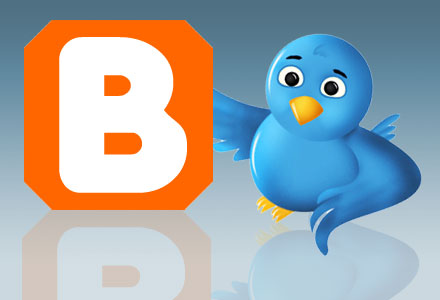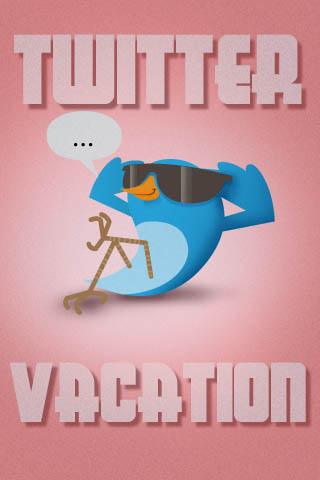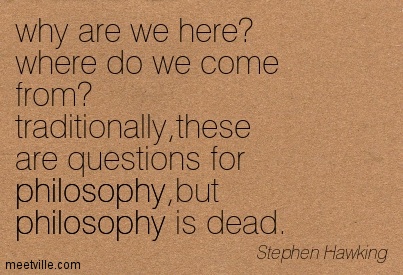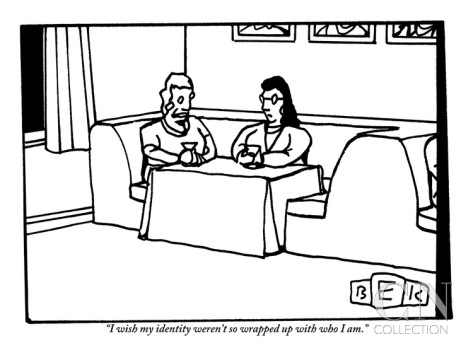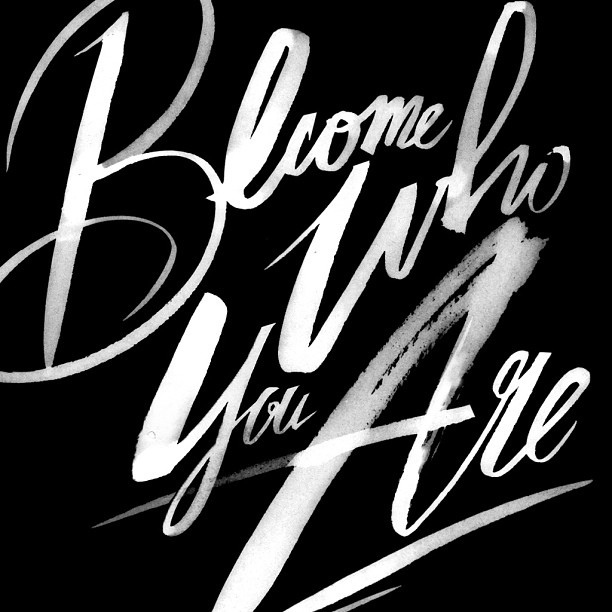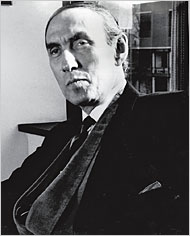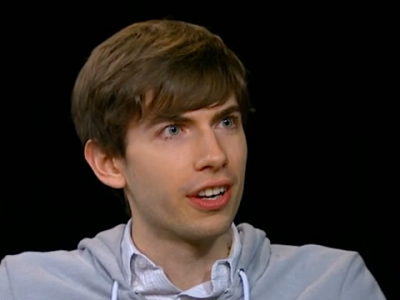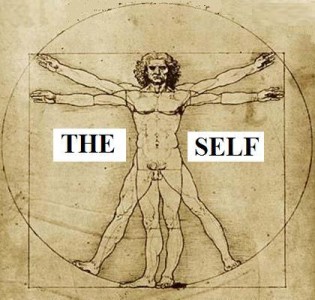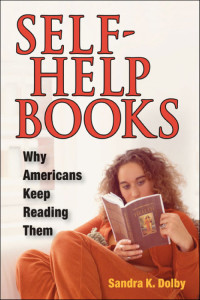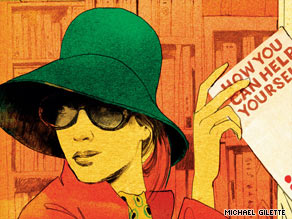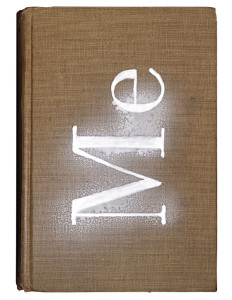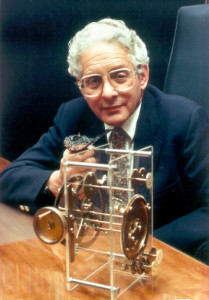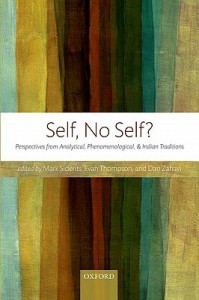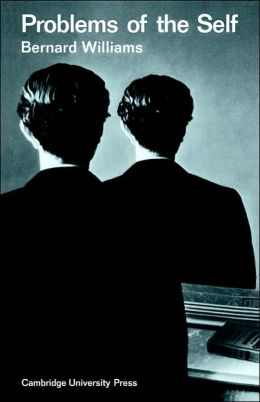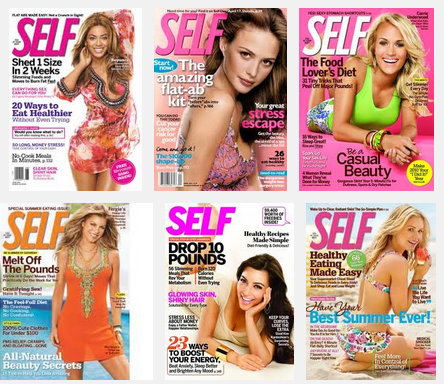Blogging and my Twitter vacation
I wanted to write about my Twitter vacation because I wanted to think about the interaction between Twitter and my blogging activity (and I’m someone who needs to write in order to think). In an earlier post, I described how, after a few years of blogging, I’d come to think of my posts as falling into two categories. One I called hey-look-at-this posts — short, quick references to interesting things I’d recently read. The other type was longer and, ideally, was more reflective and — dare I say — substantive.
I felt that writing quick posts was distracting me from writing longer ones. It occurred to me (this was in 2011) that I could simply tweet the items that interested me rather than blog them. What I hadn’t anticipated was that, once I started tweeting frequently, I practically stopped blogging. After a few months, I felt a need to explain my absence and wrote a post called On sabbatical. I assume my decline in blogging was due to both the time I spent on Twitter and Twitter’s ability to satisfy my desire to communicate. Read more
